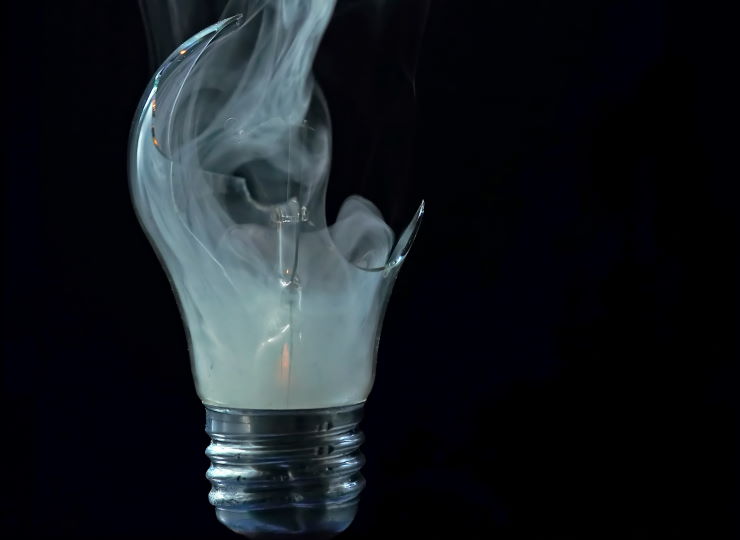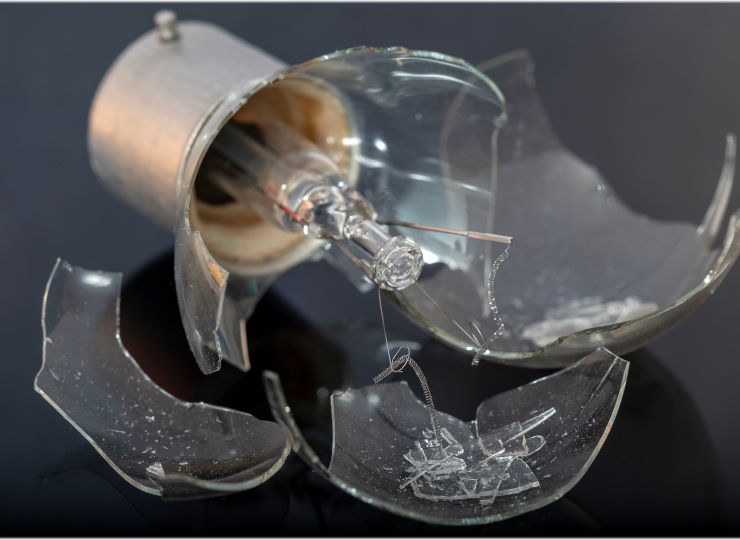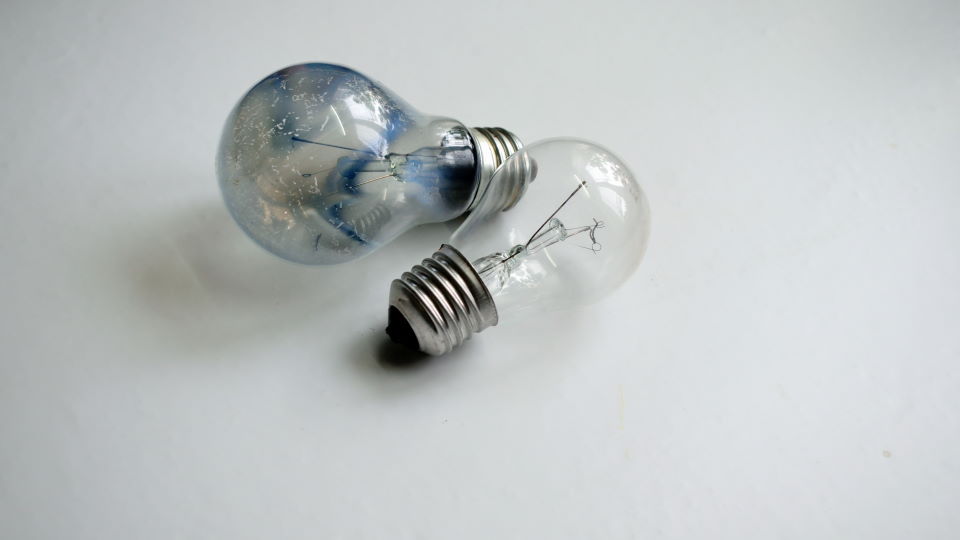Introduction
As an invention, which is at the most important point in human history and in the position of enlightenment, light bulbs play a role in many of our daily works and gain a serious function in life, while at some points, they can cause malfunctions and difficulties.
Based on these difficulties, constantly blowing bulbs are a nuisance, and they can also cause problems for the person in terms of cost. In this context, we tried to replace the question marks in mind with the lighting bulb by making explanations in response to the question “Why Do My Light Bulbs Keep Blowing?” as the target.
Why Do My Halogen Bulbs Keep Blowing?
Halogen bulbs, also known as quartz halogen or tungsten halogen bulbs, are advanced lighting elements of incandescent lamps. In this context, the filaments found in halogen lamps that use only iodine and bromine, out of the halogens present as fluorine, chlorine, bromine, iodine, and astatine, consist of tungsten, which is more flexible and malleable.
In this type of bulb, the gas can be found at a higher pressure, and this gas is called halogen gas. Ultimately, halogen bulbs are more powerful than standard bulbs due to their high-pressure properties.
If we talk about the benefits and harms of halogen bulbs, they:
- Have smaller and lighter than other bulbs,
- In this context, are not too costly in production,
- Have a longer life than a standard incandescent lamp,
- Have an absence of warm-up time and dimming ability to withstand full brightness,
- Does not use mercury such as fluorescent or mercury vapor lights,
- Have a color closer to sunlight and offer better color temperature.
On the other hand, as for the disadvantages of halogen bulbs, we can say that:
- Because they are too hot, they can cause damage in contact.
- They do not function as efficiently as HID lamps.
- Due to the high pressure inside, it is possible to scatter excess glass pieces in blowings and therefore cause damage.
- May blow on contact with bare hands due to sensitivity to human oil.
Now, if we go back to the main question, halogen bulbs are the kind of bulbs that cannot be touched with bare hands–even if they are cold–because they show sensitivity to the oil layer that accumulates around the human skin. Accordingly, your bulb will likely blow if you touch it with your bare hand.
On the other hand, halogen lamps sometimes require a low-voltage transformer and can blow continuously when a high-voltage transformer is used.
Moreover, the basic lighting principles of halogen lamps are that the tungsten film heats to 2000°C and emits light. Accordingly, as mentioned before, the chemical and high-pressure steps that take place inside the bulb can cause it to overheat and therefore blow.
Why Do My LED Light Bulbs Keep Blowing?

LED bulbs, which stand for Light Emitting Diode, are one of the newest lighting technologies. LED bulbs contain a lot of LEDs arranged on an aluminum circuit board.
The directional and bright light emanating from these LEDs is quite sharp and is controlled by a white cover called a diffuser, which allows the light to disperse more homogeneously and softly. In this way, while preventing eye discomfort, it also provides the spread of light. In addition, aluminum, which undertakes the task of dissipating the heat generated by the LEDs, also covers the entire interior of the body.
Consequently, LED bulbs have become very efficient and advantageous lighting equipment in terms of energy saving. Similarly, they provide low cost by consuming low energy and show high efficiency in this context.
So, why do the LED light bulbs keep blowing?
First of all, it should be said that LED light bulbs have less risk of blowing and a longer lifespan than other bulb types, and they are quite advantageous in this context.
However, the energy reaching the bulb is generally problematic due to a fault in the electrical equipment, which may result in the bulb blowing. At this point, the place where the bulb is used may need an examination of the electrical equipment.
On the other hand, we mentioned that LED lights emit light with a diffuser, allowing them to emit this light more softly. LED light bursts caused by a malfunction in the diffuser can also be among these reasons.
It can be said that the failure of the aluminum covering the main body in the bulb may cause an overheating blowing in the bulb, thus blowing.
Why Do My New Light Bulbs Keep Blowing?
Bulb blowings can be quite frustrating and life-limiting, especially when a new-brand bulb blows. The most general and basic factor that can cause this situation is that the current transmitted to the bulb is lower or higher than necessary. In this direction, reviewing the electrical equipment of the place is one of the healthiest steps that can be taken for both light bulbs and other electronic devices.
On the other hand, as a second reason, it can be shown that the socket inside the bulb is loosely connected to the pins. If the sockets inside the bulb, which produce energy to emit light, are not properly and tightly connected, it may result in the bulb blowing.
In addition, in line with the variable characteristics of different types of bulbs, such as the halogen bulb or LED bulb given above, situations such as the bulb that is touched with bare hands, the problematic conductors in the bulb, or the emergence of excess heat can be among the causes of the bulb’s blowing.
In this direction, especially if your newly purchased bulbs are constantly exposed to blowings in the place, there is likely a problem with the electrical line in general. For this reason, expert opinion and control under examination will be important in extending the life of your bulbs and all other electronic items.
Conclusion

Eventually, depending on the type of bulb, certain environmental factors such as touching with bare hands and technical faults are taken into consideration, it is discussed that there may be a problem in the general electrical circuit among the reasons for the blowing of the bulb, the bulb itself may be loosely seated on the sockets and switches, and may blow due to many other technical problems.

